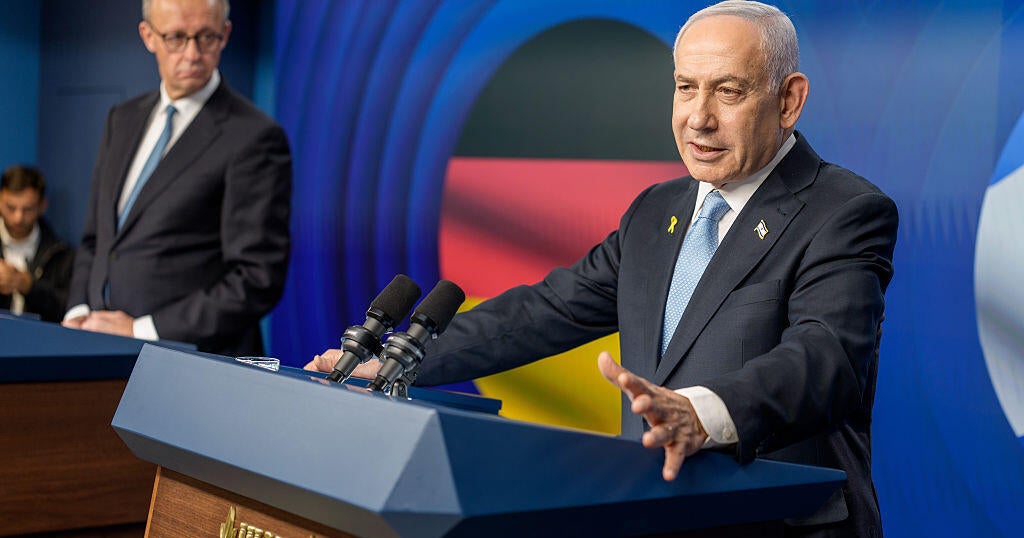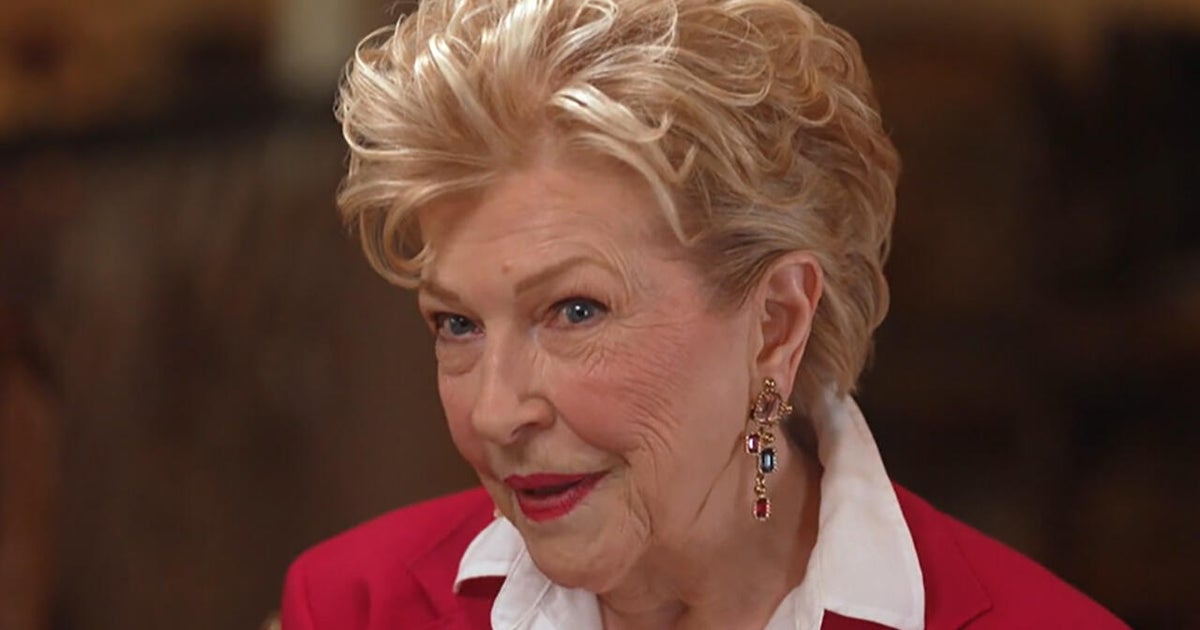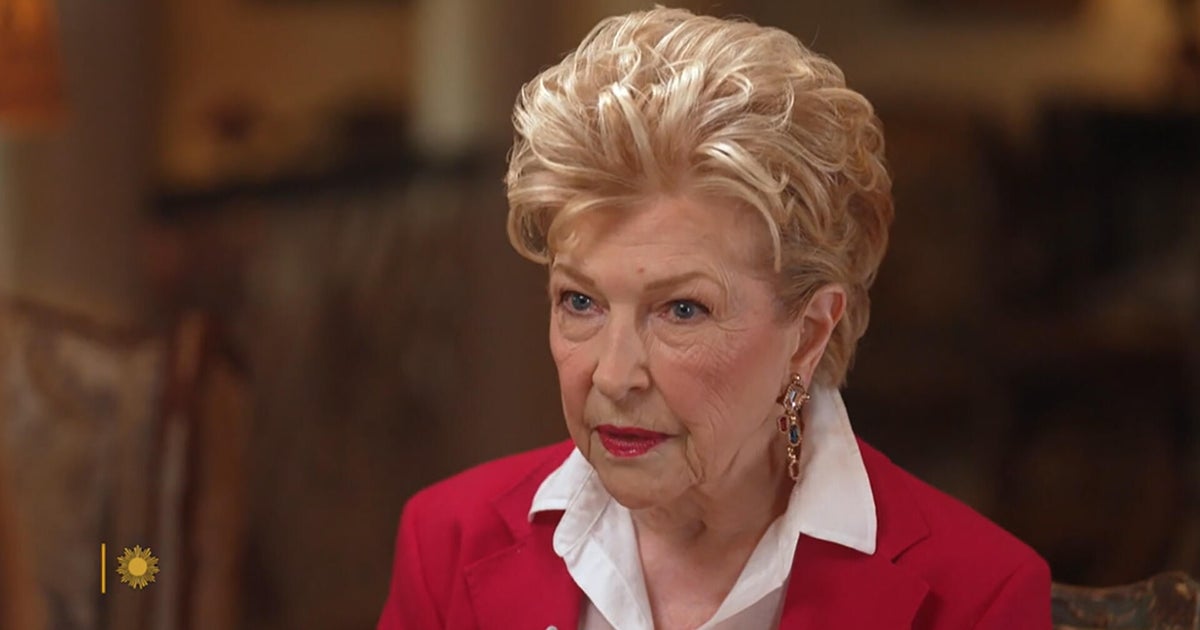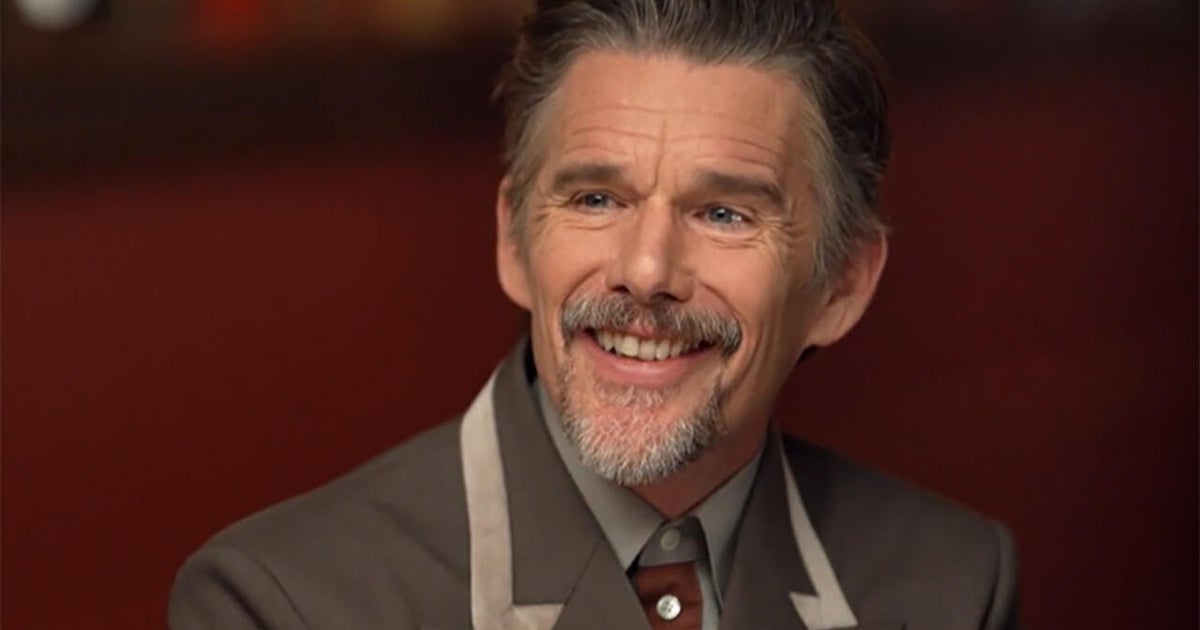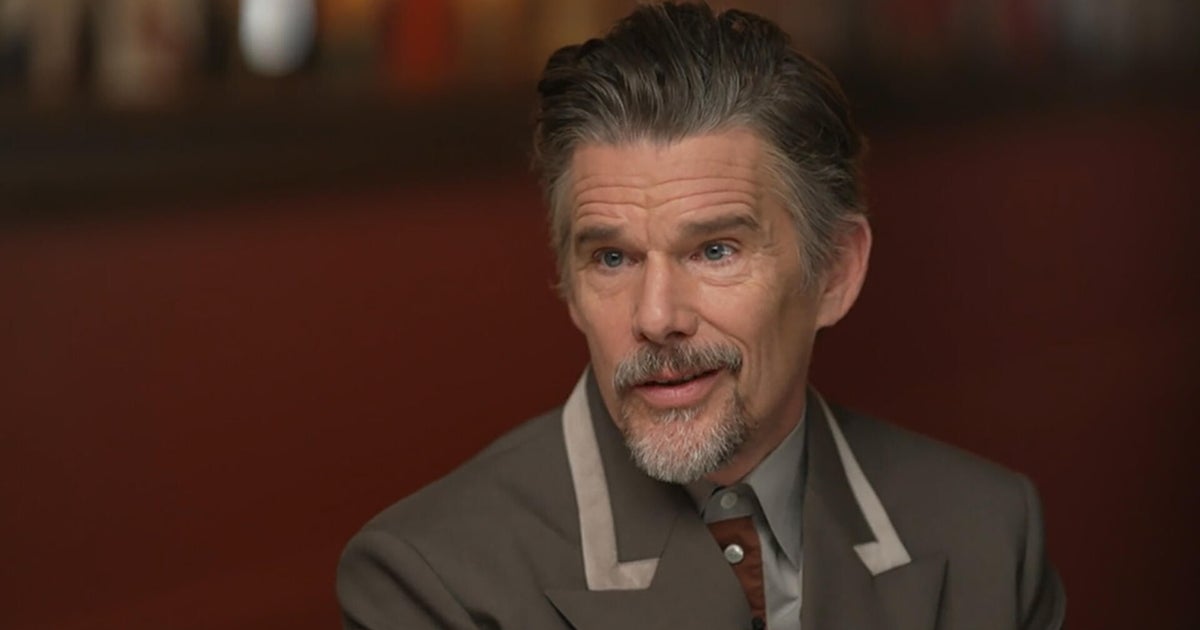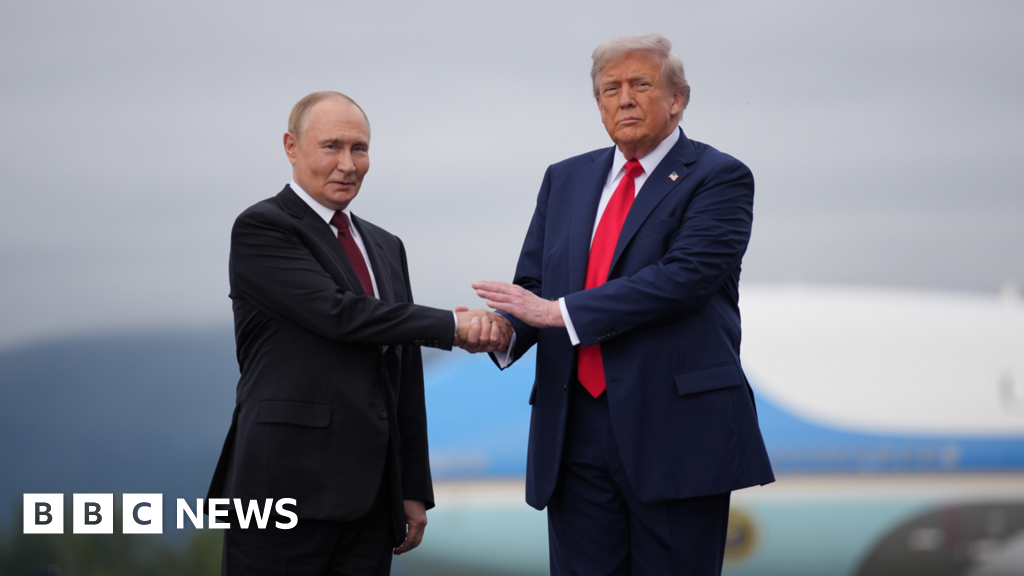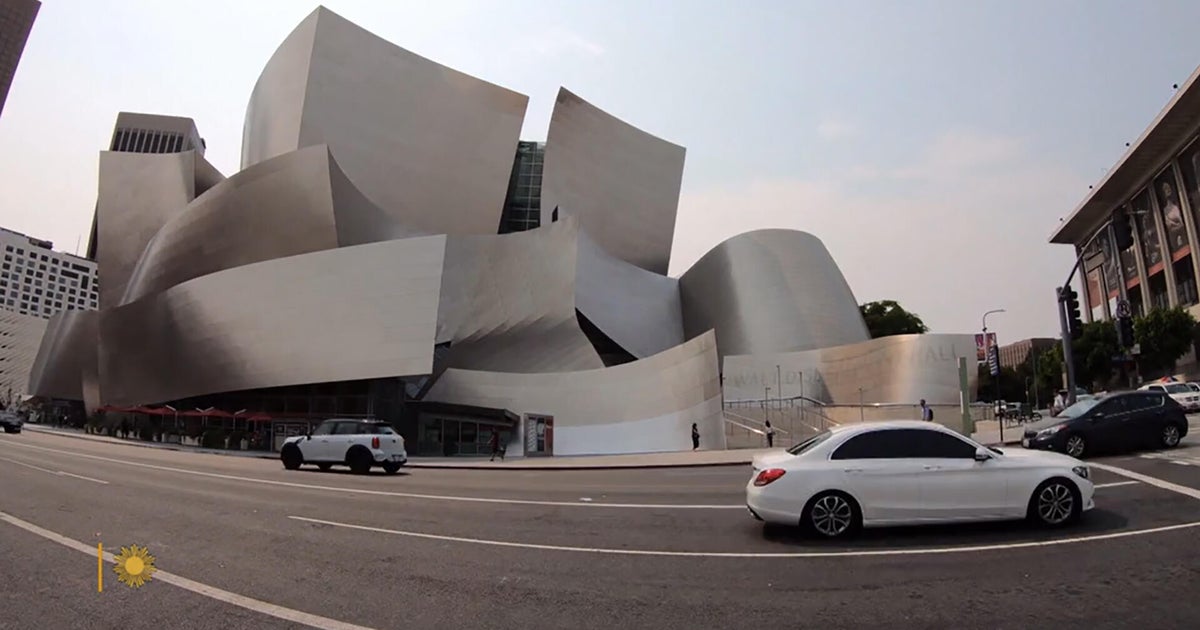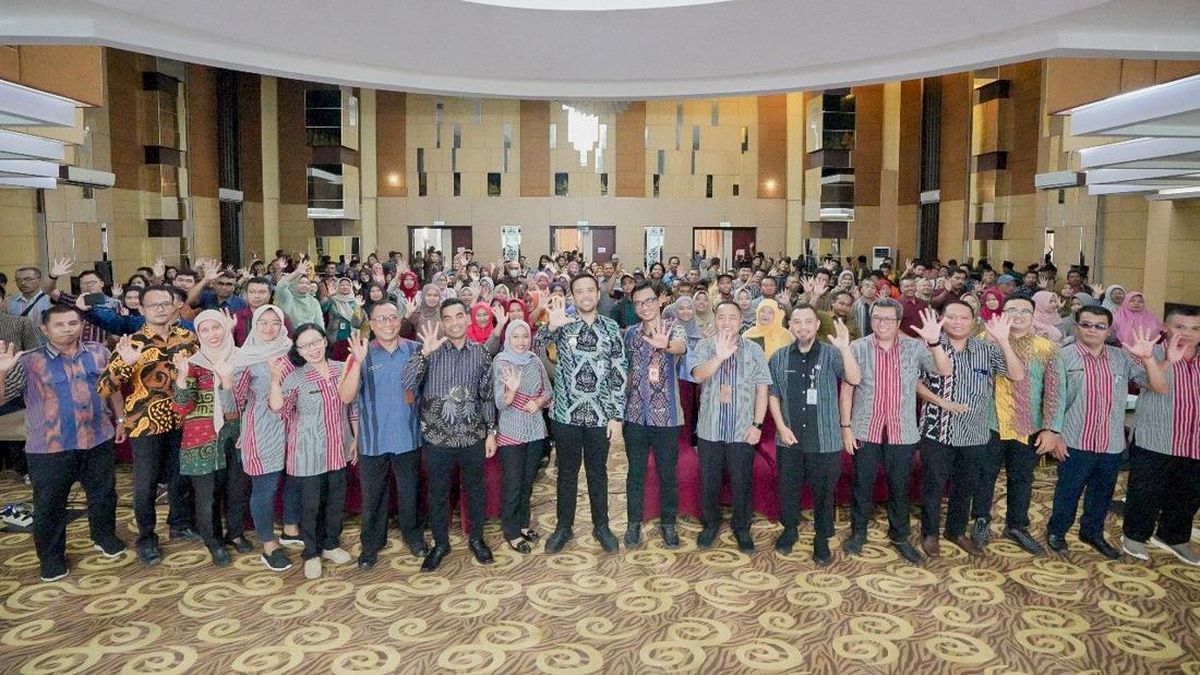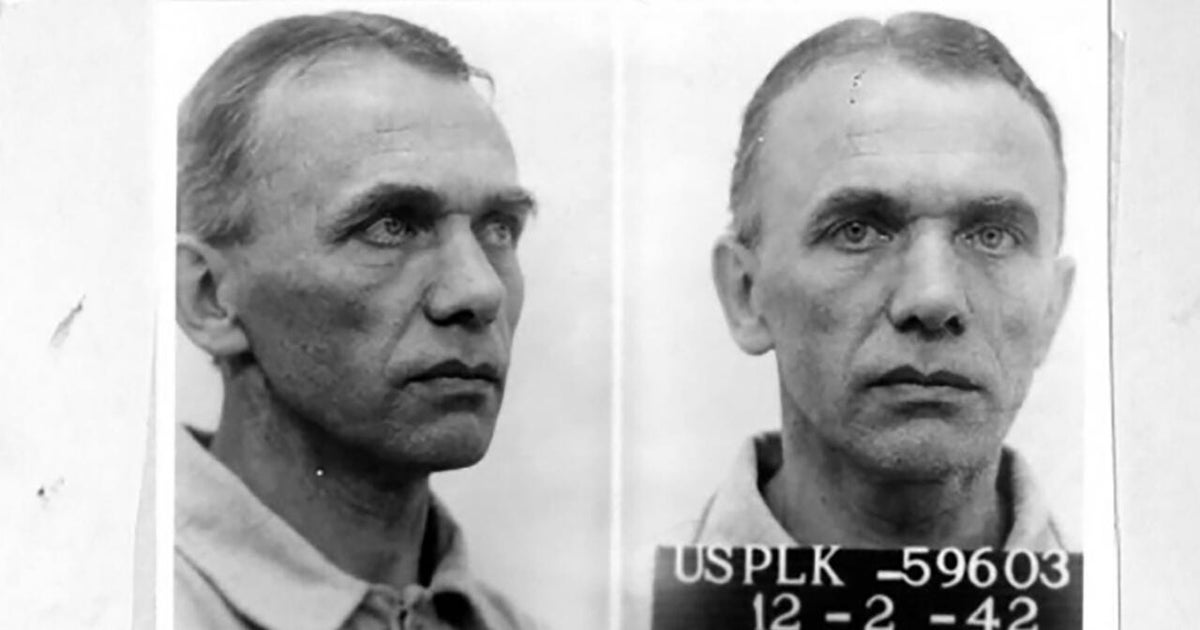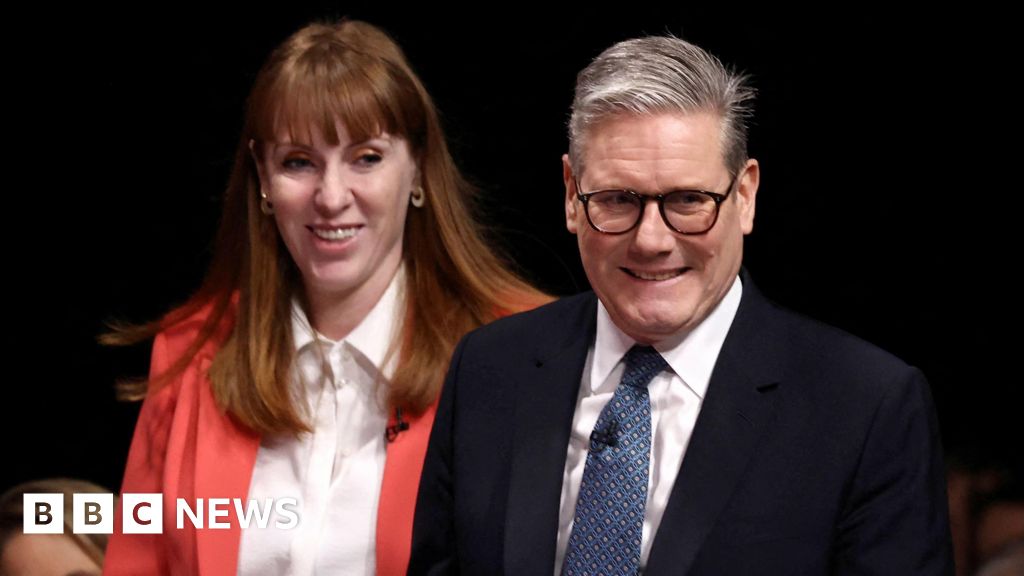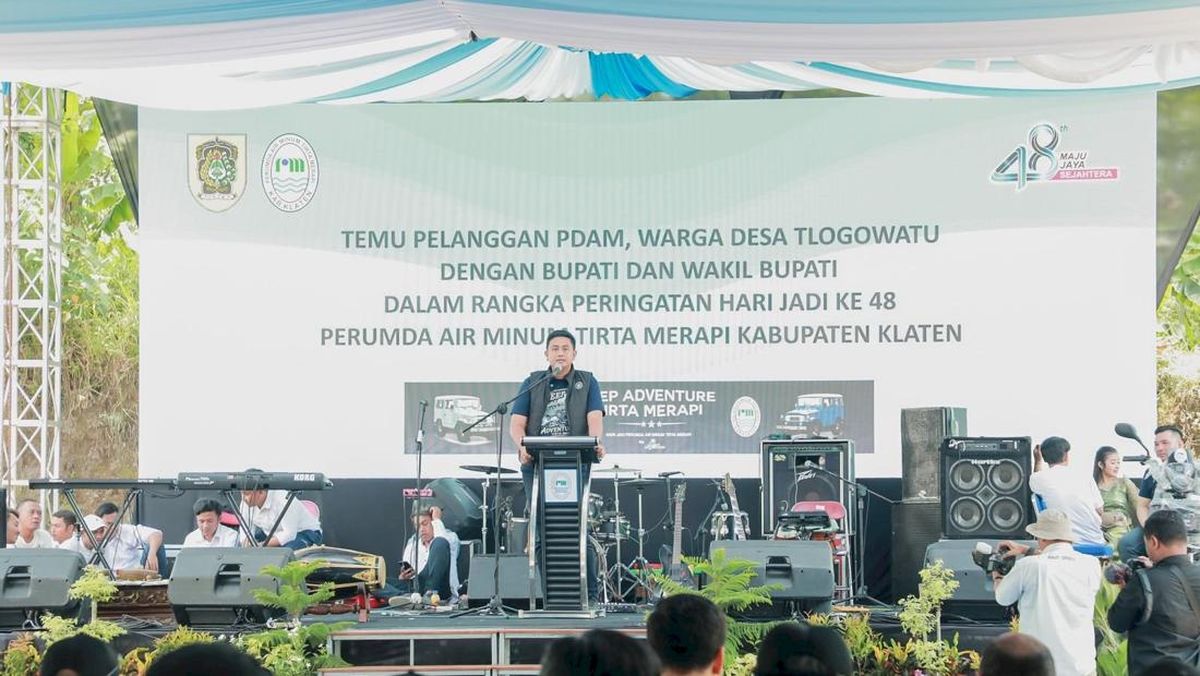As co-chair of the Australian Republican Movement, Esther Anatolitis is on a mission to see Australia cut ties with the monarchy. On the 50th anniversary of Gough Whitlam’s dismissal, she has written a book, curiously named When Australia Became A Republic.
The title is inspired by the many times Australians have done things their own way, from the introduction of the secret ballot to the Sydney Olympics.

Esther Anatolitis says the Australian constitution doesn’t even mention a prime minister.Credit: Rohan Thomson
Australians have often chosen independence and asserted sovereignty, Anatolitis says, and global politics illustrates how tenuous those freedoms can be.
“When we’re seeing democracies around the world collapsing in corrupt, violent, warmongering ways, we can’t afford to be complacent,” she says. “We’ve seen enough world history to know that what we actually need to do is put every effort we can put towards strengthening Australian democracy.”
“Democracy needs to be honest, it needs to have integrity, it needs to have transparency. We’ve got some work to do.”
Anatolitis has been in the news as the final editor of Meanjin, which Melbourne University Publishing controversially stopped funding in September. She can’t discuss what happened as she has signed a non-disclosure agreement.

Watched by Gough Whitlam. David Smith, official secretary to the governor-general, reads the proclamation dissolving parliament following the dismissal of the Whitlam government in 1975.Credit: Fairfax
Since the 1999 referendum on Australia becoming a republic, Australians have become significantly more culturally diverse: more than half of them were either born overseas or have one parent who was.
“The younger generations are not ageing into conservatism,” Anatolitis said. “This notion that our head of state is not only some guy from another country but someone who inherited the role by birthright, but is also the monarch who is the symbol and agent of colonisation … these things are at best absurd and at worst deeply, deeply troubling for the next generations.”
Anatolitis points out that the Australian constitution doesn’t even mention a prime minister. “[It] says Australia exists at the pleasure of the Queen and her successors, and does not once mention the word democracy,” she says. “The constitution itself does not guarantee us ... any rights.”

Cathy Freeman ignites the Olympic flame at the Sydney 2000 games.Credit: AP
The book illustrates moments in Australian history she describes as “political, cultural, military, trade, community-turning points”.
She argues Australia effectively became a republic in 2000 when the opening of the Olympic Games showcased Aboriginal and Torres Strait Islander dreaming stories, and again, when prime minister Tony Abbott announced in 2014 he was going to knight people “and the world erupted in laughter”.
Another critical move, in 1856, was the invention of the secret ballot, a concept Anatolitis says travelled the globe. “This became the standard across the world of how to do democracy.”
“Every single time, we chose independence. We chose the path that gave power to the people, not to a monarch; we chose democracy and we chose our own unique way of doing it,” she says.
When Australia Became A Republic is out now, published by Monash University Press.
The Canberra Writers Festival runs from October 22 to 26.
Most Viewed in Culture
Loading

